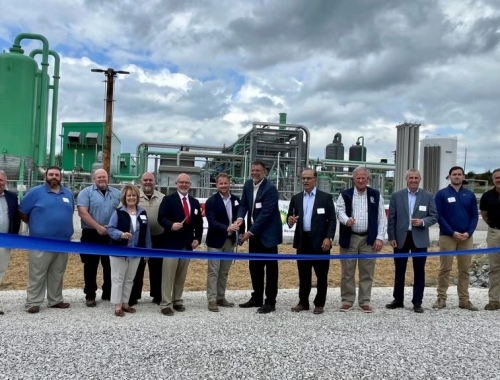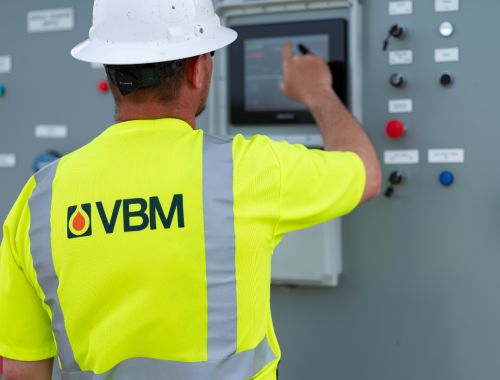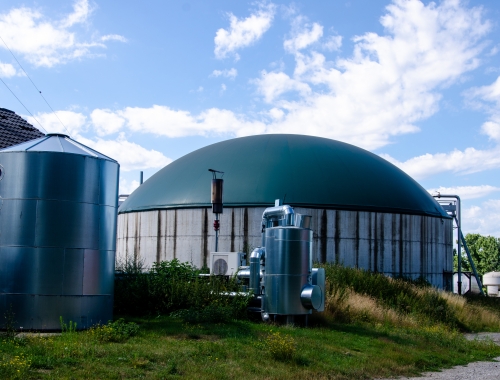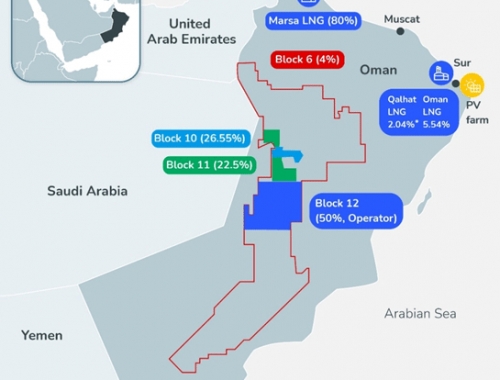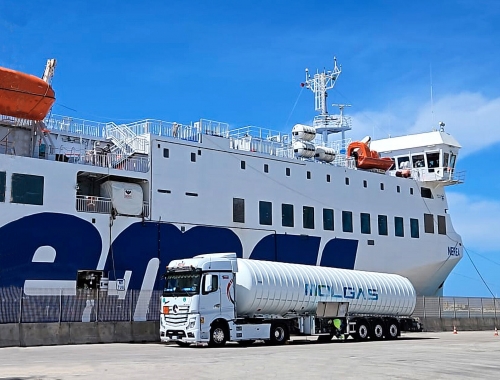BPTT scouts for CCS sites in Trinidad & Tobago
SUMMARY
CCS can help decarbonise Trinidad and Tobago's gas value chain, BPTT said.
By Joseph MurphyBPTT, a 70-30 joint venture between BP and Spain's Repsol, has committed $340,000 towards a project to map out underground sites for potential CO2 storage in Trinidad and Tobago, the company said on January 24.
The funds will go towards the CCS Storage Atlas project, led by the universities of the West Indies and Trinidad and Tobago. The aim is assess how feasible it is to use carbon capture and storage (CCS) to reduce the country's emissions. Both onshore and offshore sites will be considered, including depleted reservoirs.
Besides funding, BPTT will also provide technical support and access to reservoir data.
Natural gas will have an important role in the energy transition, and Trinidad and Tobago can decarbonise its gas value chain using CCS, BPTT said. The company is the largest hydrocarbon producer in the Caribbean nation, operating 15 offshore production platforms and accounting for half of the country's gas output.
BPTT plans to bring on stream a new gas field off Trinidad and Tobago later this year. The Matapal field is expected to deliver 400mn ft3/day of gas to the domestic market at full capacity.

